Some of the many things I wished I knew about Menopause before experiencing it.
by Ali Daddo
I’m not blaming perimenopause entirely for my weight gain – there are factors such as genetics, stress, and lack of sleep. Mostly, though, I’d stopped exercising. And just in case no one ever mentions this: when you stop moving your body it causes weight gain. There it is, in black and white. What a revelation, right?

The number of times I had to explain to people, “No I’m not pregnant, just fat” was embarrassing. Convincing people that I really, truly was not six months along was ridiculous. I loved my belly and shape during all three of my pregnancies. But this looking pregnant without actually being pregnant was very unsatisfying.
I was not at my healthiest. With the lack of exercise and also a lack of sleep, and anxiety, my body was not happy. Though, like most of us women, I believed I just had to keep going. Other symptoms like brain fog, and mood swings I passed off as just my feelings – I didn’t connect them to perimenopause.

All this whilst I was writing and researching my book on Menopause, was a blessing in disguise, as I was able to connect the dots myself around my symptoms and the shifting of my hormones. I found out that not only was it normal that your mental health can be affected by peri/menopause but quite common. It was a relief, and it also infuriated me that I and so many women like me had no warning or education around this topic.
I was shocked by the implicit message in the literature. It was just an absolute wealth of depression and shame and negativity, and I was like, ‘What the hell is this?’
If I knew what I know now about adrenal fatigue and how it plays a part in menopause, I like to think I would have taken better care of myself. So, if you are just at the beginning of perimenopause, or still in it, self-care needs to be at the top of your to-do list. I say that like it’s an easy thing to do. For me, it wasn’t.
Sometimes I thought that online shopping could be considered self-care. (retail therapy, right?). Apparently, it’s not. Unfortunately, neither is falling asleep on the couch after overdosing on chocolate biscuits. Self-care is elusive if you’ve never treated yourself to it. Especially if you’re a mother, or work, or both, or are a woman and were raised to put other people ahead of yourself.
Is self-care something you struggle with? It’s taken my deep plunge into health issues to understand how much self-care I need. And by this, I mean care of your emotions and spirit, not just your physical self. Don’t underestimate the importance of looking after you. I did, and I paid the price when perimenopause came a-knocking. Start today.
Actually, start yesterday. Please, if you’re raising children, raise them with self-care. Demonstrate to them what a woman does to take care of herself, rather than how she sacrifices her own needs, feelings, and health for others. As women, we are up against an invisible ceiling that wants to keep us limited in terms of care and how much we can have, ask for, and demand. Sacrificing ourselves for others benefits no one. You won’t regret taking my advice.
If you're struggling with these emotions, here are a few things that have helped me:
1. Talk to someone:
- Reach out to a friend or family member: Sometimes, just talking about how you're feeling can help.
- Consider seeing a therapist: A therapist can provide professional support and guidance.
- Join our Menopause Support Group here
2. Practice self-care:
- Take time for yourself: Even if it's just for a few minutes a day, make sure you're taking care of yourself.
- Try relaxation techniques: Mindfulness, meditation, and deep breathing can help reduce stress and anxiety.
3. Exercise:
- Get moving: Regular exercise can boost your mood and reduce stress. Even a short walk can make a difference.
- Learn more about our beginner's strength training course in The Aviiana Wellness Program to get access to more peri/menopause-related information, ongoing support, and more!
4. Eat a healthy diet:
- Fuel your body: A balanced diet can help stabilise your mood and energy levels.
- Book your free 15-minute consult with our Nutritional Coach Katie here
5. Consider professional help:
- Don't be afraid to ask for help: If you're struggling to cope with your emotions, a therapist can provide valuable support.
- Support is available for anyone who may be distressed by phoning LIFELINE 13 11 14 or text to 0477 13 11 14
- Visit our GET HELP page here
Remember, you're not alone in this. We're all in this together. Not only will we get through it, we will come out stronger because of it!!
Big love,
Ali xoxo




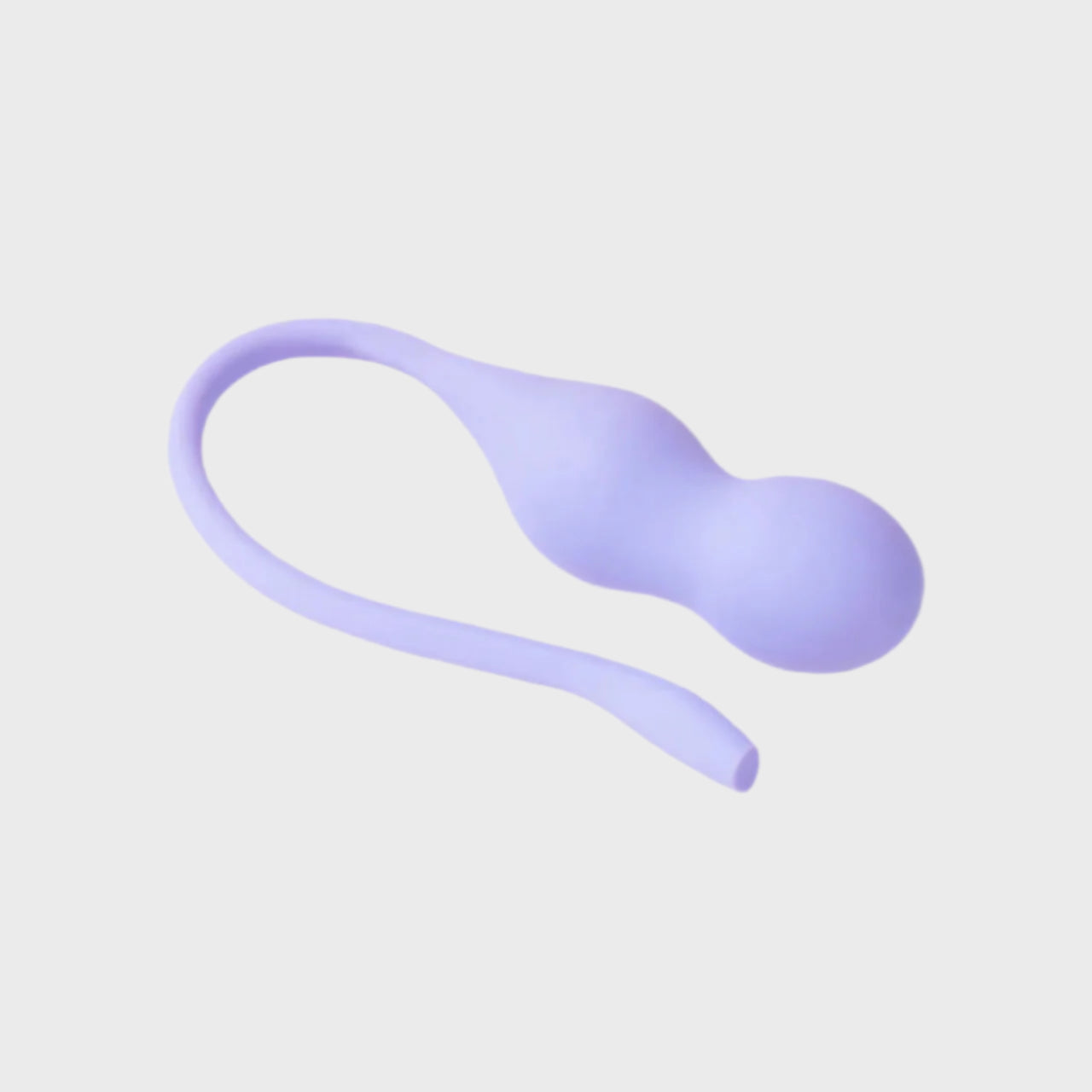
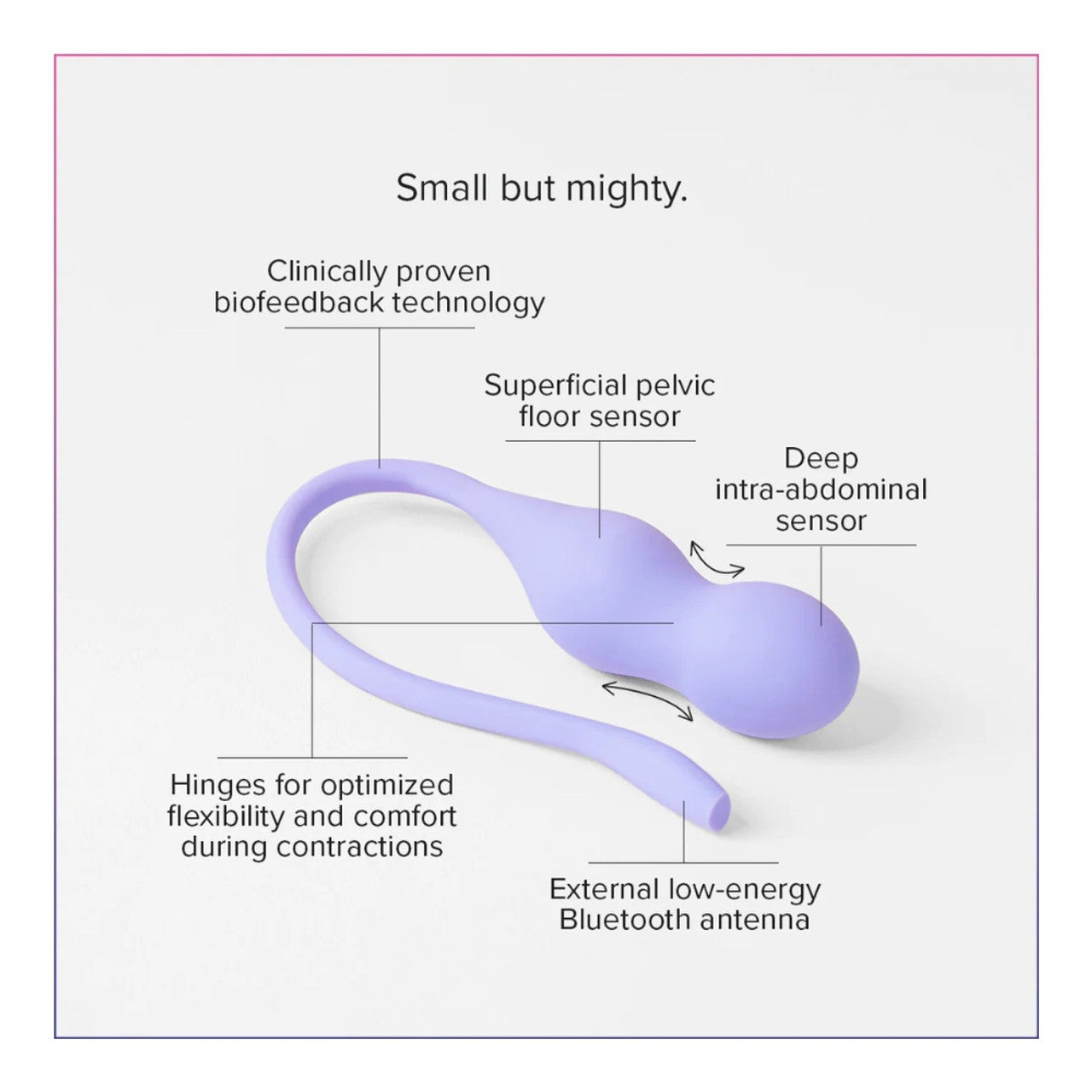

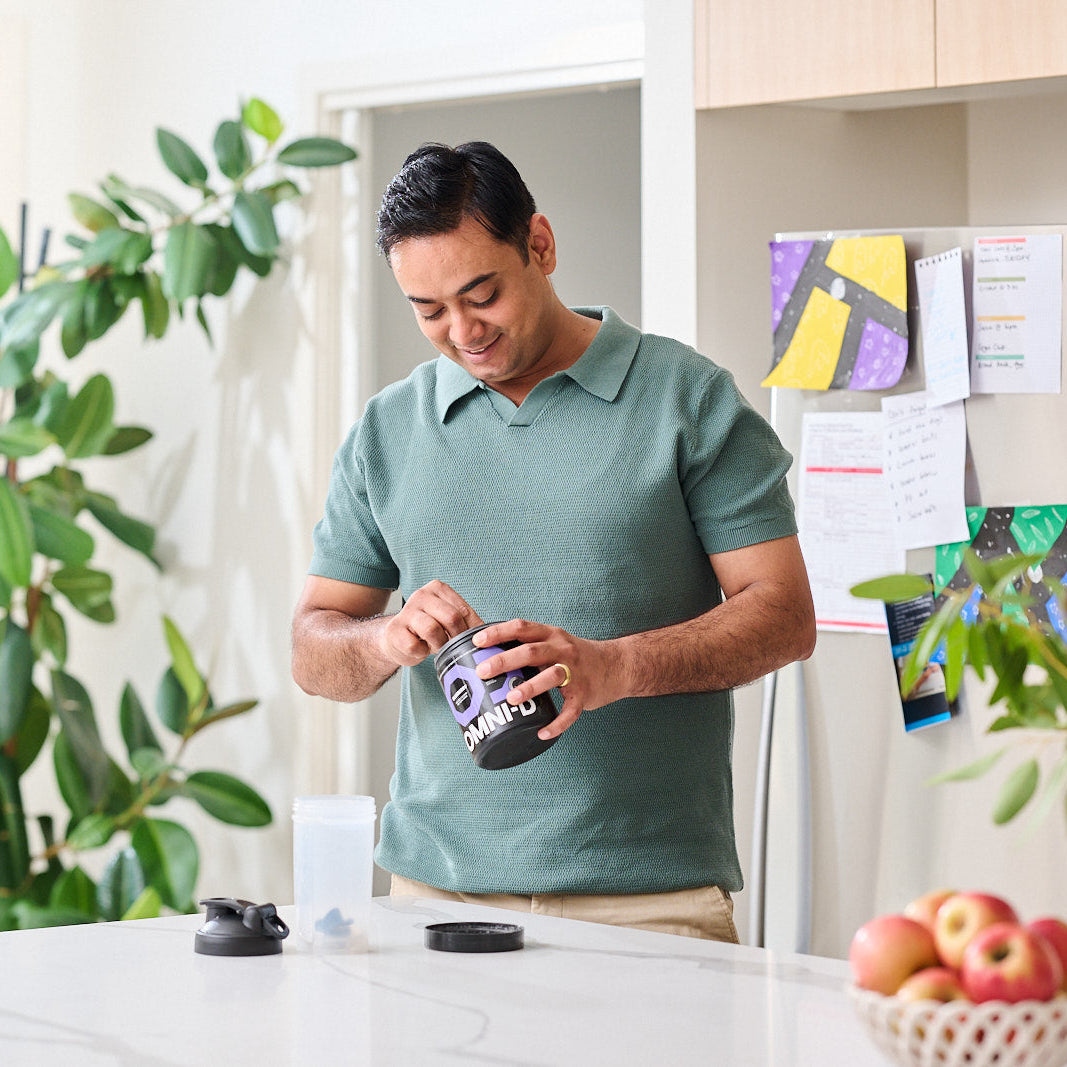









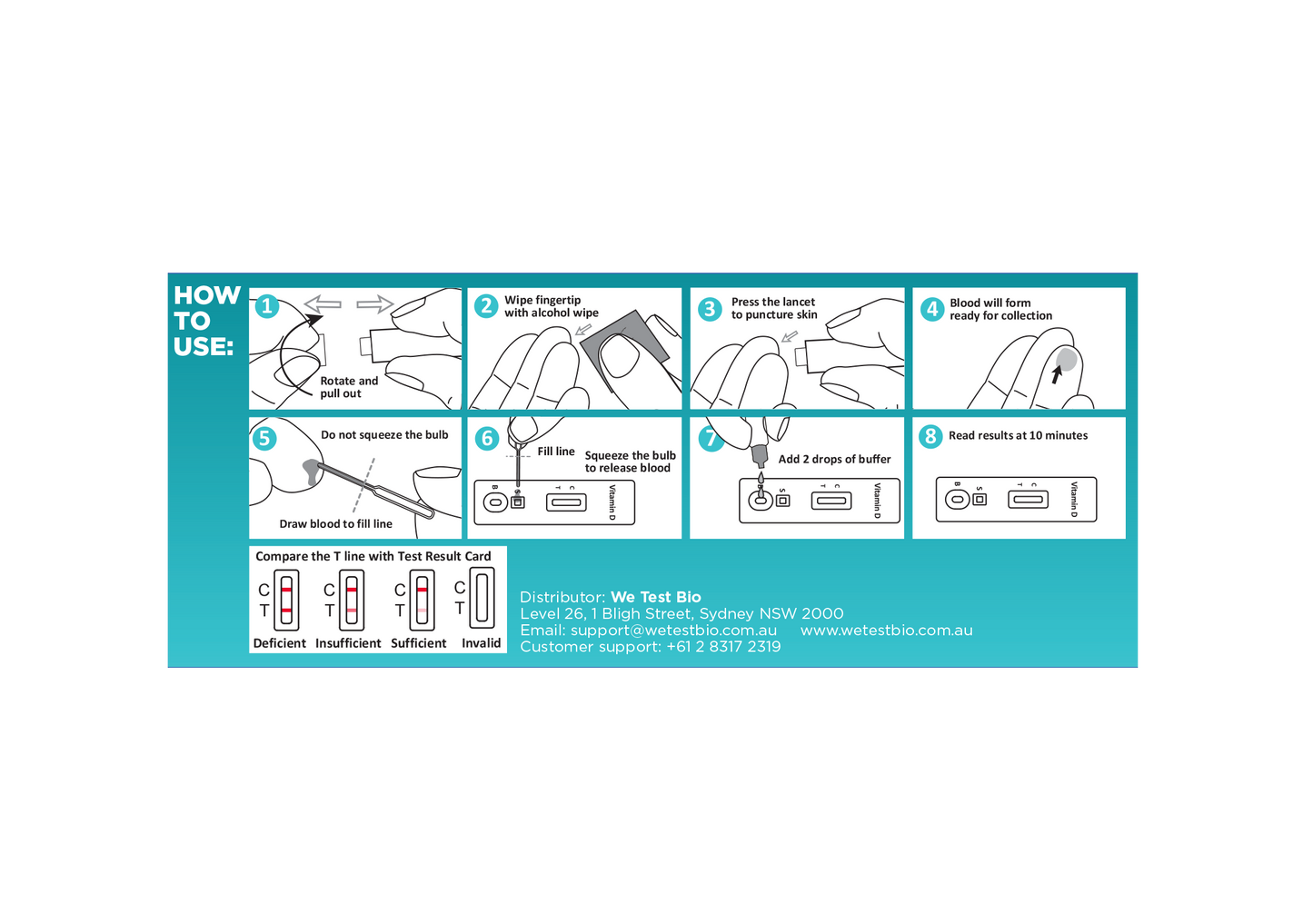


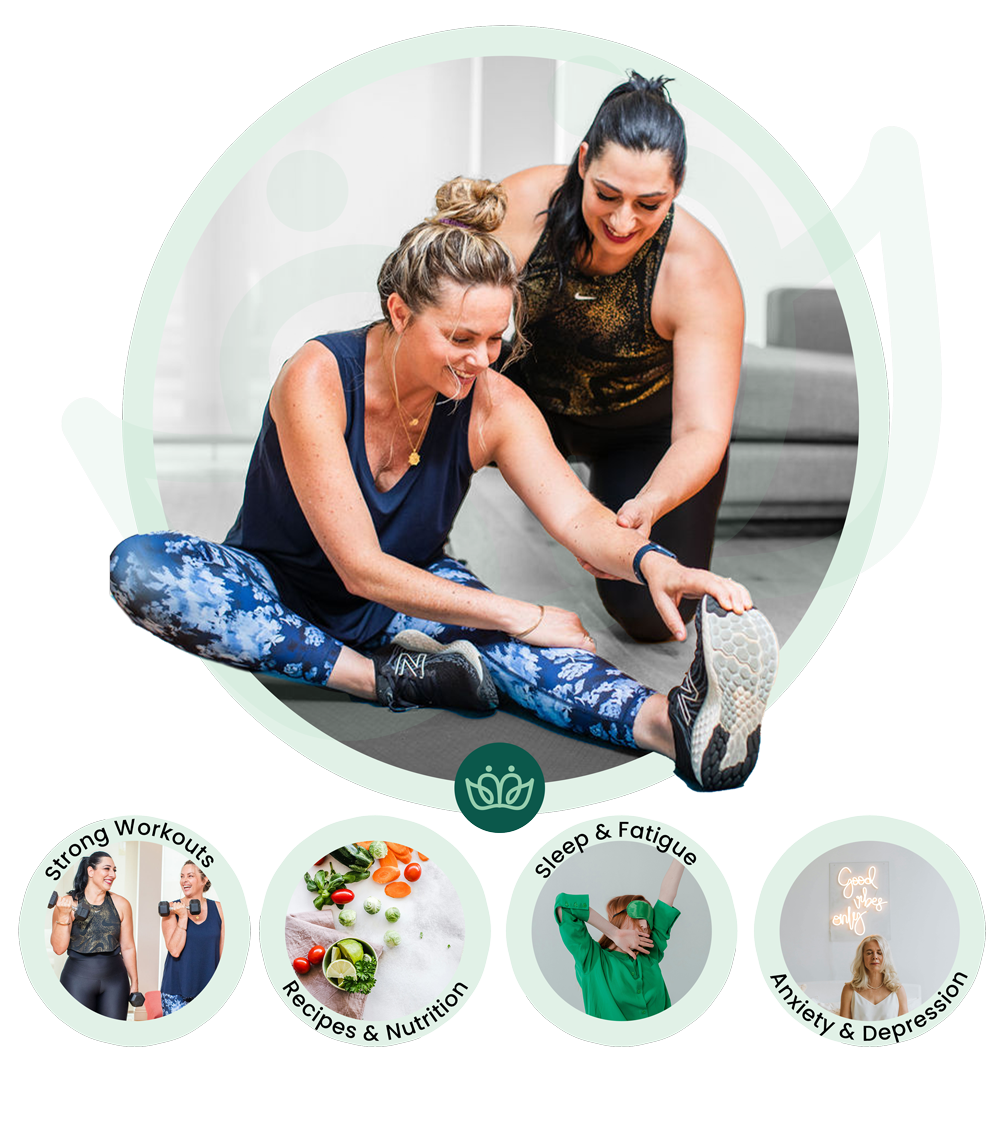

Thank you for sharing your story Ali. There are some really helpful tips x